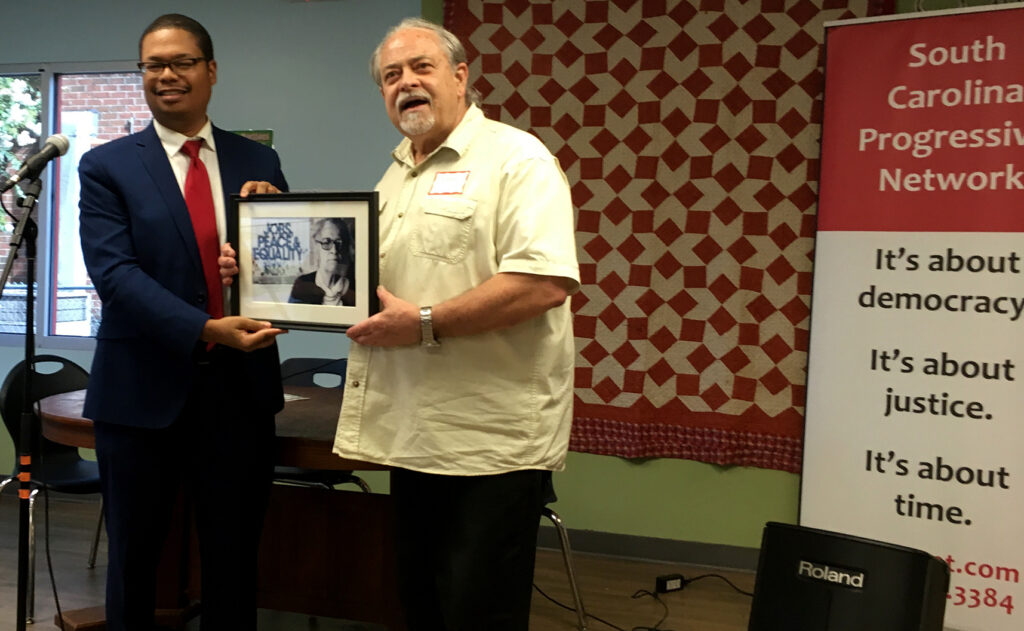
We are gearing up for the spring semester of the Modjeska Simkins School, now in its ninth year, and are so pleased with the quality of appicants to date. Deadline to apply is Feb. 28, with orientation on March 5. Classes are held Monday evenings 6:30 – 8:30 March 6 through June 26 in-person at GROW, 1340 Elmwood Ave., and on Zoom.
This course is led by academics and authors, and seasoned community activists. Additional Sunday programs that are optional for students and open to the public may be added as the semester progresses.
• • •
Dr. Robert Greene II, who teaches history at Claflin University, has served as the Modjeska Simkins School’s lead instructor since 2019. Dr. Greene is book reviews editor and blogger for the Society of U.S. Intellectual Historians. Along with Tyler D. Parry, he is the co-editor of Invisible No More: The African American Experience at the University of South Carolina. He is working on a book examining the role of Southern African Americans in the Democratic Party from 1964 through the 1990s. He has published several articles and book chapters on the intersection of memory, politics, and African American history, and has written for numerous popular publications, including The Nation, Oxford American, Dissent, Scalawag, Jacobin, In These Times, Politico, and The Washington Post.
Brett Bursey, executive director of the SC Progressive Network, is a founder of the Modjeska Simkins School. He worked closely with Modjeska Simkins during the last 18 years of her busy life, and has been a full-time social justice organizer for more than 50 years in South Carolina.
Guest speakers for 2023
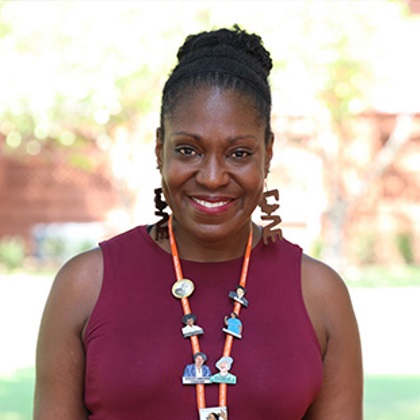
Dr. Catherine Adams presents on “The Resistance, Rebellions and Repression of Natives and the Enslaved.” Dr. Adams is an Associate Professor at Claflin University and holds a Ph.D. in Afro-American Studies from the University of Massachusetts, Amherst. Her recent research focuses on Maroonage.
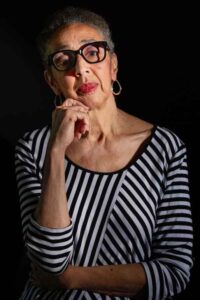
Dr. Millicent Brown, a Senior Research Fellow at Claflin University, will share her experience as the first child to integrate Charleston public schools in 1963. She remains engaged in advocating for education equality.
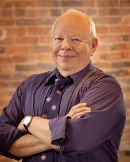
Dr. Vernon Burton’s book Lincoln’s Unfinished Work is a “thought-provoking exploration of the unfinished work of democracy, particularly as it pertains to the legacy of slavery and white supremacy in America” by LSU Press. Dr. Burton is a Distinguished Professor of History at Clemson University is a prolific author and scholar. His earlier title, The Age of Lincoln, was selected for Book of the Month Club, History Book Club and Military Book Club and was nominated for a Pulitzer Prize. Dr. Burton is nationally respected as a foremost scholar on Lincoln and Ben Tillman.
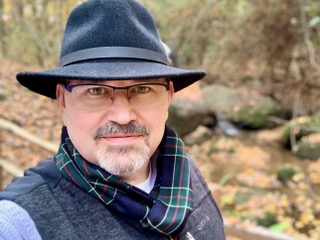
Cecil Cahoon is a board member of the SC Progressive Network and a regional organizer for the National Education Association.
Dr. John Crangle teaches history and is a licensed SC attorney. He was involved in Operation Lost Trust in the 1990s, which lead to the revision of the State Ethics Act. Since 1990, Dr. Crangle has been a watchdog for state and local government. He is currently the lead plaintiff in a case against the state attorney general over the award of $75 million in attorney fees from the federal settlement relating to the Savannah River Nuclear site.
Armand Derfner, a graduate of Princeton University and Yale Law School, has been a civil rights lawyer for more than a half century. As part of that work, he helped shape the Voting Rights Act in a series of major Supreme Court cases and in work with Congress to help draft voting rights and other civil rights laws. He is currently Distinguished Scholar in Constitutional Law at the Charleston School of Law. Derfner recently co-authored Justice Deferred with Vernon Burton, which documents racist rulings of the US Supreme Court.
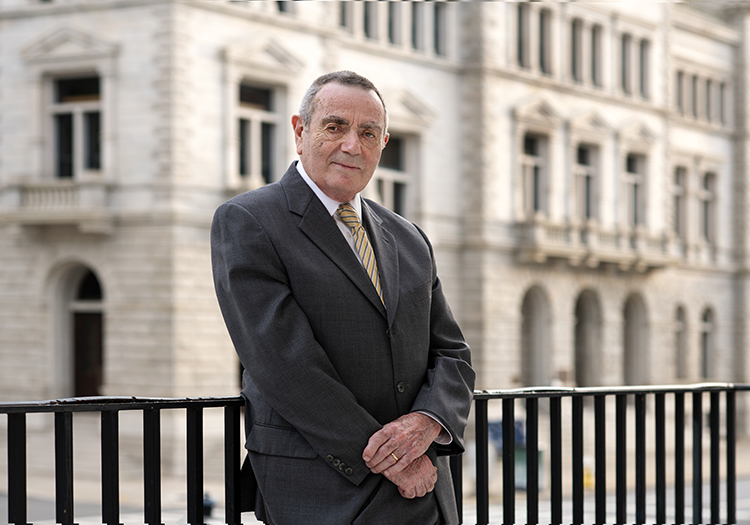
Dr. Bobby Donaldson leads the Center for Civil Rights History and Research, housed in the Hollings Special Collections Library. He also serves as the lead scholar for Columbia SC 63: Our Story Matters, a documentary history initiative that chronicles the struggle for civil rights and social justice in Columbia. A team from the Center will present on the modern Civil Rights history of South Carolina.
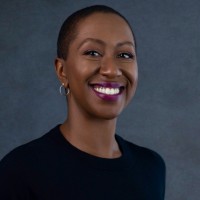
Dr. Justene Edwards, an associate professor of history at the University of Virginia is a specialist in American Slavery and the History of American Capitalism. She will discuss her recent research and book, Unfree Markets: The Slaves’ Economy and the Rise of Capitalism in South Carolina. Dr. Edwards’ research reveals the development of market capitalism by South Carolina’s colonial slave masters as a means of controlling both the market and the enslaved.
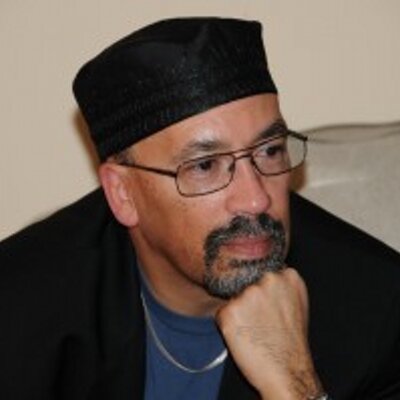
Bill Fletcher Jr. has been active in workplace and community struggles as well as electoral campaigns. He has worked for several labor unions in addition to serving as a senior staffperson in the national AFL-CIO. Fletcher is the former president of TransAfrica Forum; a Senior Scholar with the Institute for Policy Studies; and in the leadership of several other projects. Fletcher is co-author (with Peter Agard) of The Indispensable Ally: Black Workers and the Formation of the Congress of Industrial Organizations, 1934-1941; co-author (with Dr. Fernando Gapasin) of Solidarity Divided: The crisis in organized labor and a new path toward social justice; and author of They’re Bankrupting Us – And Twenty other myths about unions. Fletcher is a syndicated columnist and a regular media commentator on television, radio and online.
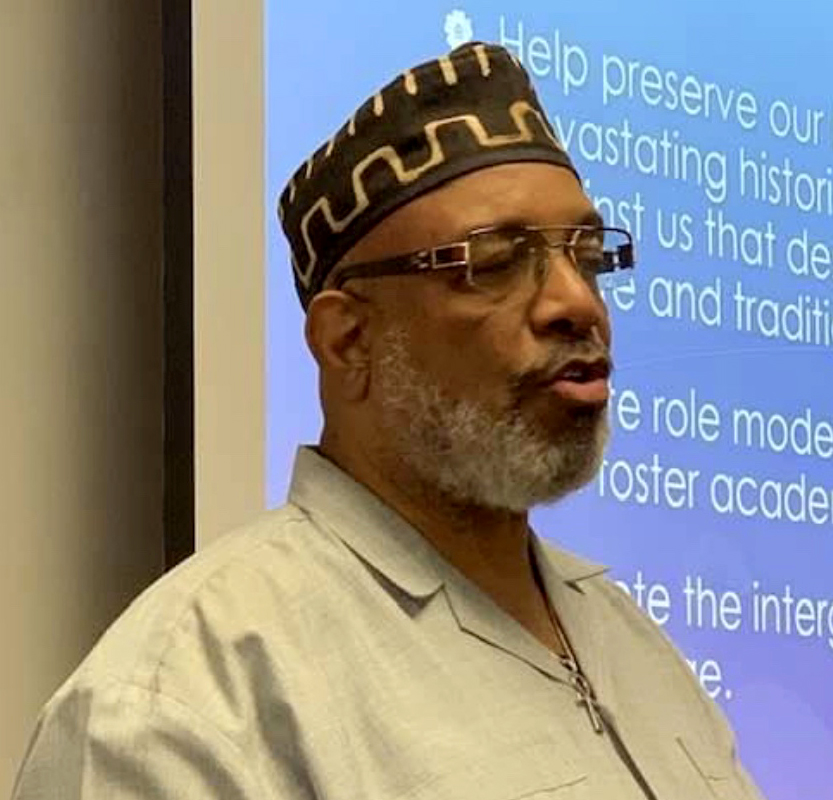
Dr. Burnette Gallman, a Columbia physician and member of the Modjeska Simkins School’s Board of Directors, shares the highlights of African history before the Trans-Atlantic slave trade. He has been hosting seminars on African history for 40 years, and serves on the National Board of the Association for the Study of Classical African Civilizations.
Dr. Erik Gellman, an Associate Professor of History at UNC Chapel Hill, wrote Death Blow to Jim Crow in 2012, the first book about the Southern Negro Youth Congress. Dr. Gellman will focus on why the largest most diverse, and FBI infiltrated human rights conference ever held in the segregated South, was held in Columbia SC in 1946.
Chris Judge, Assistant Director Native American Studies Center USC Lancaster unpacks the loss of land, life and culture of native people. He is an anthropological archaeologist, and for more than 30 years has been studying Native Americans in South Carolina.
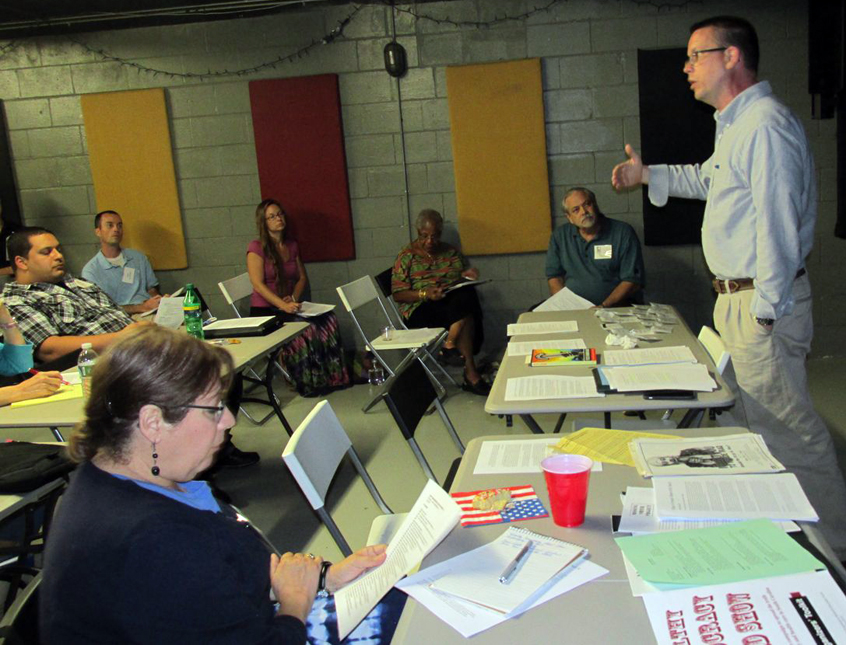
Dr. Ed. Madden, who recently served as poet laureate for the City of Columbia, has been a leading organizer for LGBTQ rights, including the successful marriage equality campaign in South Carolina. He is a professor of English, with a focus on Irish literature, at the University of South Carolina. There, he is also director of the women’s and gender studies program. His academic areas of specialization include Irish culture; British and Irish poetry; LGBTQ literature, sexuality studies, and history of sexuality; and creative writing and poetry. In 2019 he was named a Poet Laureate Fellow of the Academy of American Poets and a visiting artist fellow at the Instituto Sacatar in Bahia, Brazil. In 2015, Madden was named Columbia’s first poet laureate, a post he maintains today. Madden has been a South Carolina Academy of Authors Fellow in poetry twice and was South Carolina Arts Commission Prose Fellow in 2011. He has been writer-in-residence at the Riverbanks Botanical Garden and at Fort Moultrie in Charleston as part of the state’s African American Heritage Corridor project. He also was 2006 artist-in-residence for South Carolina State Parks. His numerous publishing and editing credits include four of his own: Nest, Ark, Prodigal: Variations, and Signals, and his chapbook So They Can Sing won the 2016 Robin Becker Chapbook Prize.
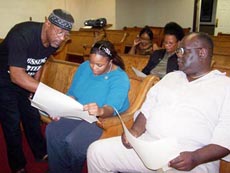
Kamau Marcharia is a longtime South Carolina social justice activist and former council member from Fairfield County. Marcharia was arrested at age 16, and served 11 years of a 50-year sentence for a crime he did not commit.
Lewis Pitts takes us through the long and frightening evolution of corporations becoming people. Pitts grew up in SC and spent 40 years as an attorney for the people before resigning from the legal profession in disgust. He is a founding member of the Project on Corporations Law and Democracy (POCLAD) and is a Modjeska Simkins School graduate.
Rob Richie has led FairVote, a nonpartisan organization committed to practical voting reforms to make democracy more functional and representative, since its founding in 1992. He is a frequent national media source and the author of 11 books on voting reforms.
Becci Robbins has served as communication director for the SC Progressive Network since its founding in 1996. She was editor of POINT, an alternative South Carolina newspaper, from 1991 until 2000. She has written five short books on South Carolina’s lesser-known heroes and history. Her latest work is Generation Know: Inside Columbia, South Carolina’s, radical youth movements.
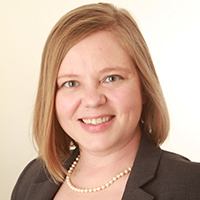
Dr. Jennifer Taylor, Assistant Professor of Public History at Duquesne University. Dr. Taylor earned her Ph.D. at USC and specializes in the tensions involved in public history commemorations and interpretation. Her recent scholarship explores the ways in which Reconstruction history has been contested and commemorated in South Carolina, including how museums can help the public understand white supremacy and the similarities between racist militia movements of the Reconstruction era and today’s insurrectionists.
Dr. Kerry Taylor, a professor of Labor History at the Citadel, will discuss the state of organized labor in South Carolina. Dr. Taylor is also a longtime activist for workers’ rights in Charleston.
